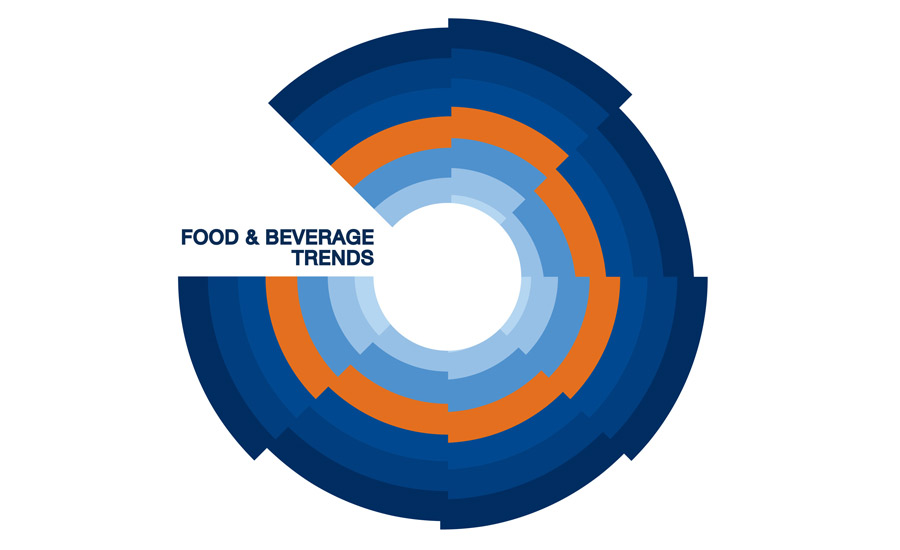A new study measuring consumer connection to their favorite food brands continues to offer insight on the extent to which consumers truly love food brands, the feelings and emotions that drive brand love, and the ways in which brand love drives consumers’ marketplace behaviors. Consumer research conducted earlier this year surveyed 1,000 consumers; the sample was representative of the US population by age, gender, income, ethnicity and region. Research results have unveiled that consumer love of food brands, large and small, is pervasive in the US marketplace. Specifically, almost two-thirds (63%) of consumers reported loving their favorite branded food product, meaning they had developed an emotional attachment, beyond just liking or being loyal to it.
The study asked consumers to select up to 30 attributes that they liked about their favorite branded food product. The recently released data provided two distinct consumer groups: those who loved their favorite food brand, and those who merely liked it. Of the 30 attributes, the results found 12 attributes that ‘brand lovers’ were far more likely to ascribe to their favorite brand, compared to merely ‘brand likers.’ These were attributes believed to help differentiate and define loved food brands – attributes that lead consumers into forming enduring emotional attachments with certain brands and not others.
The 12 differentiating attributes offer interesting acuities about what food companies might do to increase the emotional bond between consumers and their products. The first insight is that three of the 12 attributes, refreshing, freshness and premium/high quality, are functional. This finding is consistent with the broad trend in American food culture, driven by Millennials, towards fresher, healthier, and higher-quality foods. The second insight from the data is that nine of the 12 attributes associated with brand love are personality characteristics. These qualities range from authentic and one-of-a-kind to fun, friendly, exciting and creative. Rounding out the list is trustworthy, energizing and intense.
“Food companies that can imbue their brands with these or other personality aspects, and that can weave them into compelling stories about what their brands stand for, are on their way to creating the strong emotional connections of brand love,” said Bill Sherman, the study’s research director.
The research also found differences by generation. Baby boomers were more likely to seek favorite food brands that provide a sense of stability. Attributes such as consistent, reliable, trustworthy and established were more important to boomers than to their younger counterparts. Boomers were also more likely to choose favorites of premium/high quality – another marker of stability. By contrast, Millennials were more drawn to food brands with personality traits that can convey a feeling of adventure. Attributes such as authentic, fun, exciting and creative were more important to Millennials than to boomers and, to a lesser extent, Gen X’ers.
The agency behind the study, Foodmix Marketing Communications, will continue to release results of the study that will examine the impact of brand love on such bottom-line measures as consumer loyalty and advocacy, purchase frequency and receptivity to brand extensions.
To read more about the survey, visit: foodmix.net/path-to-brand-love. For questions or to speak with a member of the Foodmix research team, please contact hheilmeier@foodmix.net or call 630-366-7534.



